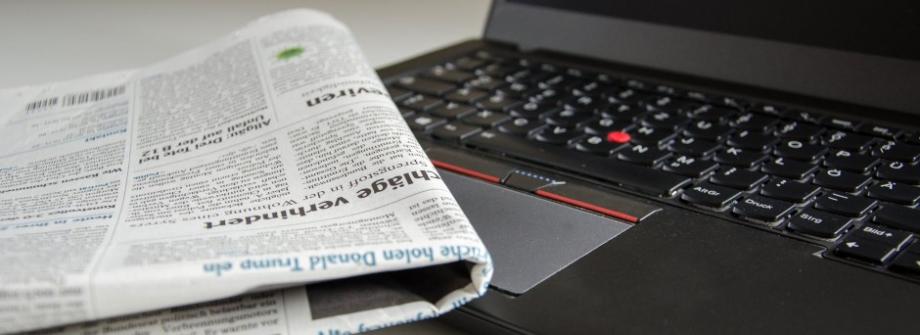
Olaf Penack, Member of the EBMT Transplant Complications Working Party, comments on the publication entitled " Humanized CD19-Targeted Chimeric Antigen Receptor (CAR) T Cells in CAR-Naive and CAR-Exposed Children and Young Adults With Relapsed or Refractory Acute Lymphoblastic Leukemia " published in the Journal of Clinical Oncology (JCO).
Humanized CD19-Targeted Chimeric Antigen Receptor (CAR) T Cells in CAR-Naive and CAR-Exposed Children and Young Adults With Relapsed or Refractory Acute Lymphoblastic Leukemia
Regina M. Myers et al
J Clin Oncol. 2021 Jun 22;JCO2003458. doi: 10.1200/JCO.20.03458. Online ahead of print.
Relapse of acute lymphoblastic leukemia or malignant B-cell lymphoma after CD19+ CAR T-cell therapy is a major clinical problem. There are two main mechanisms involved in therapeutic failure. In some cases, tumor cells escape from CAR T-cell through CD19 antigen loss.1-2 However, frequently disappearance of CAR T-cells occurs succeeded by CD19+ tumor relapse.3-5 Consequently, we need strategies to increase the persistence of CAR T-cells to improve survival of patients treated with CAR T-cells.
One factor that is crucially affecting CAR T-cell persistence may be CAR immunogenicity. In practice, CAR-specific T-cell responses occur in patients receiving commercial CD19+ CAR T-cell products. The CARs in current clinical use contain fragment domains derived from mouse antibodies, which could lead to higher immunogenicity and increased rejection rates.
The authors previously developed a humanized CD19+ CAR T-cell product (huCART19) aimed at reducing immunogenicity and prolonging the in vivo CAR T-cell persistence. The current manuscript reports the safety, feasibility, persistence, and efficacy of huCART19 in children and young adults with relapsed or refractory B-cell lymphoblastic leukemia or lymphoma. In this pilot trial 74 patients were treated with huCART19. Safety was comparable to the murine CD19 CAR T-cell products, which are in routine clinical use. The authors report high response rates, long-term persistence, and durable remissions. Crucially, durable remissions and long term persistence was also observed in the subgroup of patients after previous unsuccessful treatment with commercially available CD19+ CAR T-cells. These encouraging outcomes led to the initiation of a phase II trial, which will provide more detailed information on immunogenicity, persistence, complication rates and efficacy.
The findings suggest that humanized CAR T-cell products are an attractive approach to improve in vivo CAR T-cell persistence. I therefore believe that this manuscript is an important piece of knowledge for the cellular therapy community. A long term perspective to improve the overall therapeutic performance of cellular therapies can be to combine this humanized CAR approach with innovative manufacturing strategies, such as in vivo CAR cell production or ex vivo of the shelf manufacturing.
References
1. Ruella M, Barrett DM, Kenderian SS, et al.Dual CD19 and CD123 targeting prevents antigen-loss relapses after CD19-directed immunotherapies. J Clin Invest. 2016 Oct 3;126(10):3814-3826
2. Fry TJ, Shah NN, Orentas RJ, Stetler-Stevenson M, et al. CD22-targeted CAR T cells induce remission in B-ALL that is naive or resistant to CD19-targeted CAR immunotherapy. Nat Med. 2018 Jan;24(1):20-28
3. Park JH, Rivie` re I, Gonen M, et al: Long-term follow-up of CD19 CAR therapy in acute lymphoblastic leukemia. N Engl J Med 378:449-459, 2018
4. Majzner RG, Mackall CL: Tumor antigen escape from car t-cell therapy. Cancer Discov 8:1219-1226, 2018
5. Xu X, Sun Q, Liang X, et al: Mechanisms of relapse after CD19 CAR T-cell therapy for acute lymphoblastic leukemia and its prevention and treatment strategies. Front Immunol. 10:2664, 2019